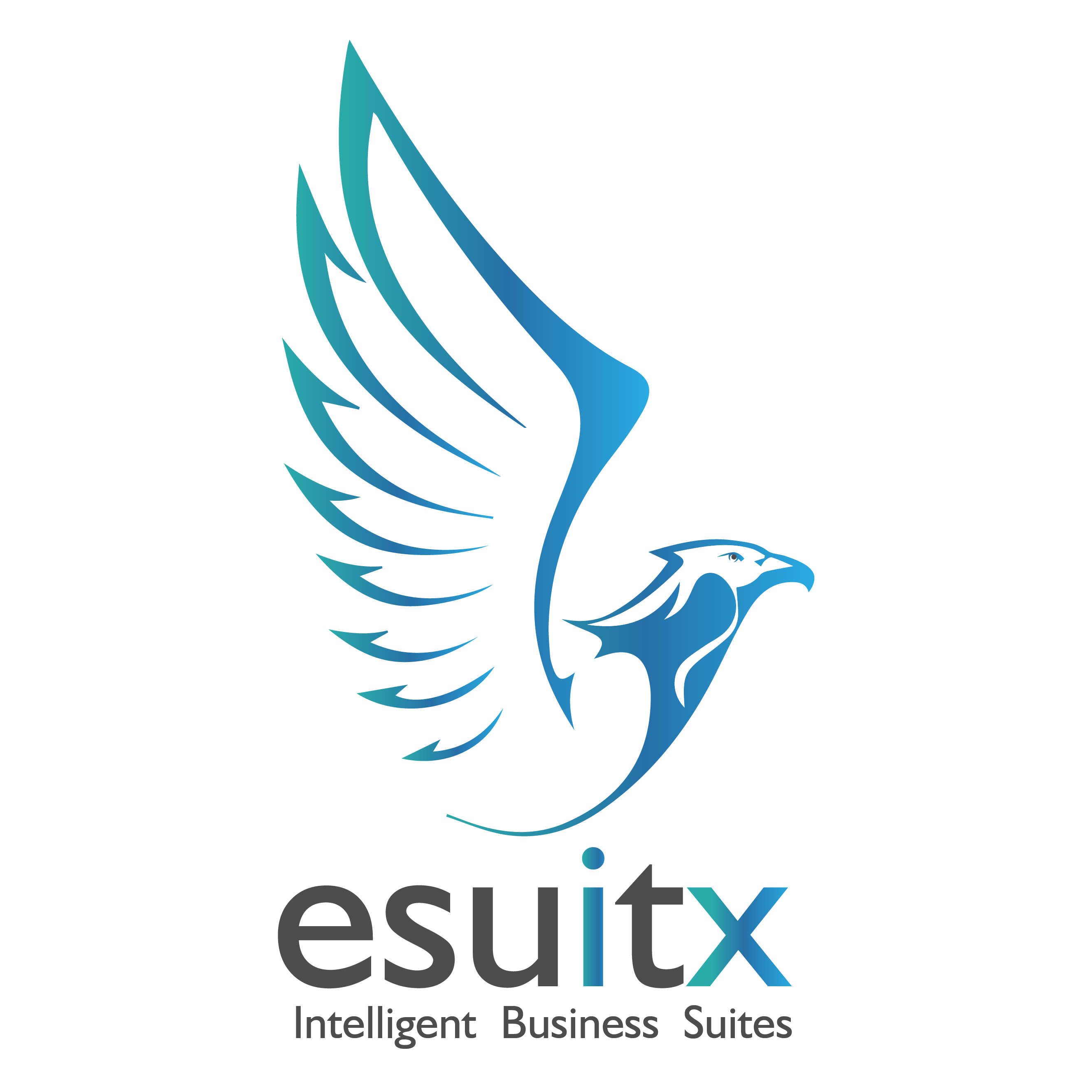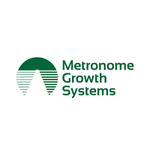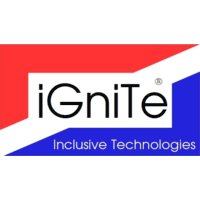Description

500apps

DATAHUB
Comprehensive Overview: 500apps vs DATAHUB
500apps and DATAHUB are distinct products serving different functions within the realm of business operations and data management. Here's a comprehensive overview of both:
500apps
a) Primary Functions and Target Markets:
500apps is a suite of more than 50 business applications designed to cater to various operational needs of businesses. Its primary functions include:
- Project Management: Tools for team collaboration, task management, and project tracking.
- CRM: Customer relationship management software to streamline sales processes and customer interactions.
- Marketing: Applications for email marketing, social media management, and lead generation.
- HR Management: Tools for recruitment, employee management, and performance tracking.
- IT and Development: Infrastructure support, development tools, and bug tracking.
Target Market: 500apps primarily targets small to medium-sized enterprises (SMEs) looking for a comprehensive suite of applications that can support various business processes without requiring multiple vendors.
b) Market Share and User Base:
500apps has carved a niche within the SME market due to its affordability and versatility. Its market share is influenced by the increasing demand for integrated solutions that are cost-effective. While it may not have the extensive user base of single-purpose giants, it appeals to businesses looking for a broad array of tools under one subscription model. Due to its competitive pricing, it is relatively popular among startups and growing businesses.
c) Key Differentiating Factors:
- All-in-One Solution: Offers a wide array of applications in one package, reducing the need for multiple software purchases.
- Affordable Pricing: Provides significant value for businesses seeking numerous solutions at a lower price point.
- Scalability: Allows companies to scale their software needs as they grow without financial strain.
- Integration: Seamless integration among the suite’s apps provides a cohesive operational experience.
DATAHUB
a) Primary Functions and Target Markets:
DATAHUB focuses on data management and analytics, providing services such as:
- Data Integration: Tools for integrating various data sources into a unified view.
- Data Management: Solutions for organizing, storing, and accessing large datasets.
- Data Analytics: Advanced analytics and reporting tools that offer insights from business data.
- Cloud Data Solutions: Services facilitating cloud storage and computing for agile data processing.
Target Market: DATAHUB primarily targets larger enterprises and industries that require robust data solutions, such as finance, healthcare, and retail, where data is critical to operations and strategic decision-making.
b) Market Share and User Base:
DATAHUB competes with major data management and analytics providers. Its market share is significant in sectors that prioritize data handling and insights for competitive advantage. It is generally favored by organizations with complex data environments requiring custom and scalable solutions, and while its user base might be smaller, the clientele tends to consist of large corporations.
c) Key Differentiating Factors:
- Specialization in Data: Focuses specifically on data-related tools, providing more advanced features for data handling and insights than broad service platforms.
- Enterprise Focus: Tailored for large organizations needing high-level data services and support.
- Customization and Flexibility: Offers customization capabilities tailored to complex business data needs.
- Cloud-Based Architecture: Emphasizes scalable and secure cloud-based solutions enabling remote data management and analytics.
In conclusion, while 500apps and DATAHUB both serve business operational needs, their core functions, target markets, and differentiators lie in the breadth and specialization of services offered, with 500apps focusing on SMEs through a broad application suite and DATAHUB specializing in comprehensive data solutions for larger enterprises.
Contact Info

Year founded :
Not Available
Not Available
Not Available
Not Available
Not Available

Year founded :
2023
Not Available
Not Available
Netherlands
Not Available
Feature Similarity Breakdown: 500apps, DATAHUB
As of my last update, both 500apps and DATAHUB are platforms that provide a wide range of business productivity tools and data solutions, respectively. While they may cater to slightly different primary functions, here's a general breakdown of potential feature similarities and differences:
a) Core Features in Common
-
Data Management:
- Both platforms likely offer robust data management capabilities, though for different purposes. 500apps might incorporate features like CRM and project management, while DATAHUB focuses on organizing and accessing datasets.
-
Integrations:
- Integrations with other applications and services are essential for both platforms to provide a seamless workflow experience.
-
User Analytics:
- Basic analytics to track data and user interactions are likely common to both platforms, albeit with different focal points (business productivity for 500apps and data utilization for DATAHUB).
-
Collaboration Tools:
- Both platforms probably support collaborative features to enable team sharing and interaction.
b) User Interface Comparison
- 500apps:
- Generally provides a suite of tools with interfaces designed for ease of navigation and task management within business processes. The focus would be on usability and facilitating multiple app usage through a unified dashboard. Visuals would be tailored to streamline productivity functions.
- DATAHUB:
- The UI is likely more data-centric with dashboards and tools designed for data access, visualization, and manipulation. The focus would be on efficiently handling datasets and ensuring users can quickly derive insights.
c) Unique Features
-
500apps:
- A defining feature would be its broad range of apps catered to various business needs such as CRM, project management, email marketing, etc. This versatility allows businesses to use a single platform for multiple functionalities.
-
DATAHUB:
- Unique to DATAHUB would be its specialized features for data storage, retrieval, and sharing across various data sources. It might offer specialized tools for data integration, transformation, and visualization.
When choosing between these platforms, an organization’s specific needs in business productivity or data management will be crucial. If a company desires a multifaceted approach to improving business functions directly, 500apps might be more suitable. Conversely, if the primary need is sophisticated data handling and sharing, DATAHUB would potentially be more advantageous.
Features

Not Available

Not Available
Best Fit Use Cases: 500apps, DATAHUB
500apps and DATAHUB are tools designed to cater to different business needs, and understanding their best use cases can help in selecting the most suitable one for your business or project.
500apps
a) Best Fit Use Cases:
1. Small to Medium Enterprises (SMEs):
500apps provides a comprehensive suite of productivity and business applications that are affordable and easy to use for small to medium-sized businesses. It offers over 50 apps covering areas like CRM, marketing automation, project management, and customer support, making it an ideal choice for businesses looking to consolidate their software stack under one umbrella.
2. Startups:
Startups can particularly benefit from 500apps due to its scalable and cost-effective solutions that support rapid growth. Its cloud-based applications are designed to enhance productivity and streamline operations without the hassle of managing multiple software subscriptions.
3. Project-Driven Organizations:
Organizations that frequently undertake diverse projects can leverage the project management, collaboration, and communication tools available within the 500apps ecosystem to manage tasks, teams, and project timelines effectively.
4. Agencies and Consultancies:
For agencies and consultancies that require robust CRM solutions, project tracking, and customer support tools, 500apps provides an integrated platform which helps in managing client relationships and project deliveries efficiently.
DATAHUB
b) Preferred Use Cases:
1. Data-Intensive Businesses:
DATAHUB is ideal for companies or projects that require advanced data collection, processing, and management capabilities. This includes businesses in sectors like finance, healthcare, and marketing which depend heavily on data analytics to drive their strategies.
2. Enterprises in Need of Custom Data Solutions:
Businesses that need customized data integration and management solutions can opt for DATAHUB, which is designed to provide flexible and scalable options. It supports integration with various data sources and offers data warehousing solutions.
3. Organizations Focusing on Business Intelligence (BI):
Firms aiming to leverage BI tools for strategic decision-making would find DATAHUB beneficial, as it is equipped to handle large datasets, perform complex analyses, and generate insightful reports.
4. Technology and IT Services:
Tech companies that manage large volumes of data or offer data-driven services and products can use DATAHUB to create robust data architectures and pipelines, ensuring data integrity and availability.
Cater to Different Industry Verticals or Company Sizes:
500apps:
- Industry Verticals: Primarily caters to sectors where cross-functional collaboration and streamlined processes are key, such as marketing, sales, customer service, and project management.
- Company Sizes: It is particularly well-suited for small to medium-sized enterprises looking for a suite of integrated applications to handle a variety of business needs.
DATAHUB:
- Industry Verticals: Serves industries where data processing and analytics are critical, including finance, healthcare, logistics, and any sector with a high dependency on data insights.
- Company Sizes: Best suited for medium to large enterprises or specialized projects that require high-level data management and business intelligence capabilities.
By understanding the specific strengths and target applications of 500apps and DATAHUB, businesses can make informed decisions based on their operational needs, industry specificities, and company size.
Pricing

Pricing Not Available

Pricing Not Available
Metrics History
Metrics History
Comparing undefined across companies
Conclusion & Final Verdict: 500apps vs DATAHUB
When comparing 500apps and DATAHUB, it's important to consider the specific needs of the user, as both platforms offer unique strengths.
Conclusion and Final Verdict
After evaluating both 500apps and DATAHUB, the decision on which product offers the best overall value depends on the specific requirements of the business. Both tools have distinct features catering to different aspects of business operations and data management.
a) Best Overall Value
-
500apps: This platform offers a comprehensive suite of applications designed for businesses looking for an integrated approach to operations management. With over 50 apps covering sales, marketing, support, HR, and more, it provides robust capabilities for businesses seeking a unified toolset with a wide array of functionalities. The pricing is also attractive for smaller businesses or startups looking for cost efficiency.
-
DATAHUB: This is more specialized and is best suited for businesses with a heavy emphasis on data integration and management. It excels in providing advanced analytics, data processing, and seamless integration capabilities. It's particularly valuable for organizations that need to handle large volumes of data and require sophisticated data manipulation and visualization tools.
Considering all factors, 500apps tends to offer better overall value for small to medium-sized businesses that require a variety of applications under one roof. DATAHUB shines in scenarios where deep data capabilities are paramount.
b) Pros and Cons
500apps:
- Pros:
- Wide range of applications covering multiple business functions.
- Cost-effective for businesses needing diverse functionalities without investing in multiple platforms.
- Provides an integrated system reducing the need for additional software.
- Cons:
- May have a steeper learning curve due to the diversity of tools.
- Businesses might find certain tools less powerful compared to specialized single-purpose platforms.
DATAHUB:
- Pros:
- Strong emphasis on data integration and analytics.
- Excellent for organizations needing sophisticated data handling and reporting.
- Scalable and suitable for data-intensive operations.
- Cons:
- May not be as cost-effective for companies not fully utilizing its data capabilities.
- Specialized focus on data may require additional platforms for other business functions.
c) Recommendations
- For businesses that need an all-in-one solution to cover various operations like CRM, HR, and support, while also considering cost efficiency, 500apps is a strong contender.
- For companies whose primary need is data integration and advanced analytics, particularly those in industries dealing with large datasets or requiring intensive data processing, DATAHUB is more suitable.
- If undecided, businesses should consider opting for trial versions or demonstrations of each platform to better understand how each can meet their specific needs. It's also beneficial to assess what features are mission-critical versus nice-to-haves and calculate the potential ROI from each platform.
In essence, the choice should be driven by the business’s core priorities, current infrastructure, and future growth plans.
Add to compare
Add similar companies



